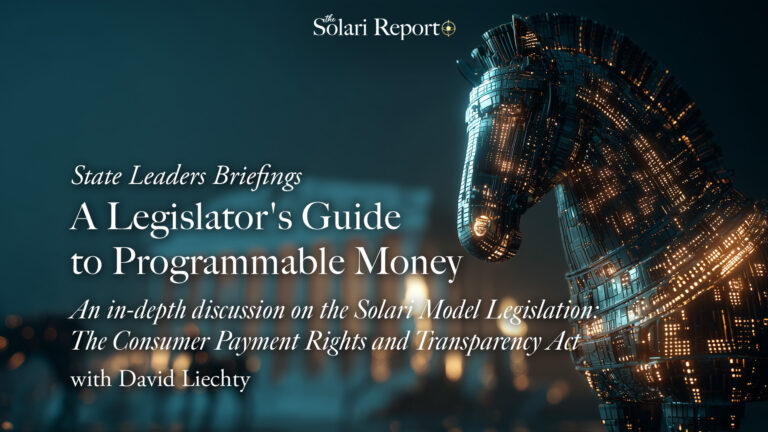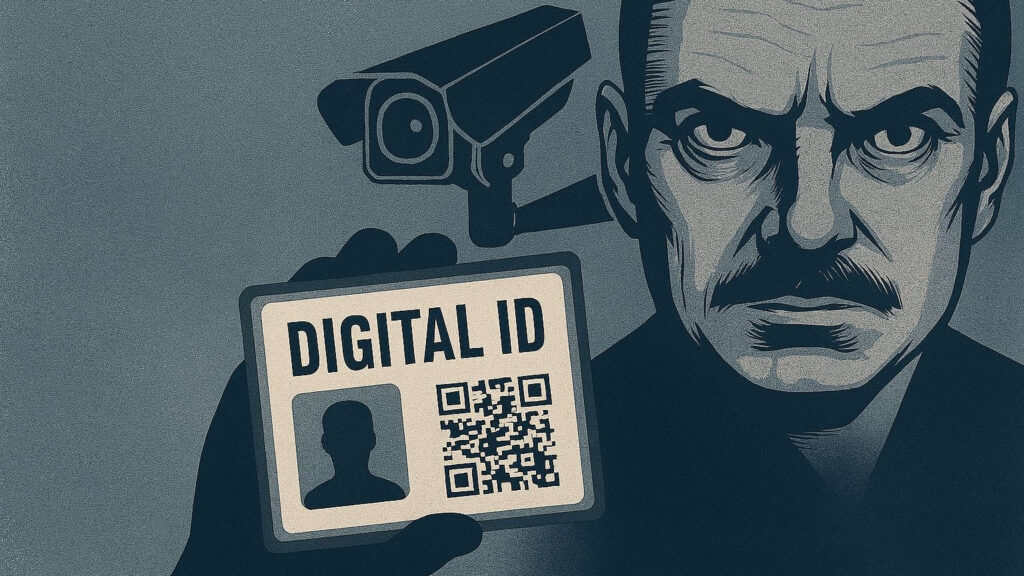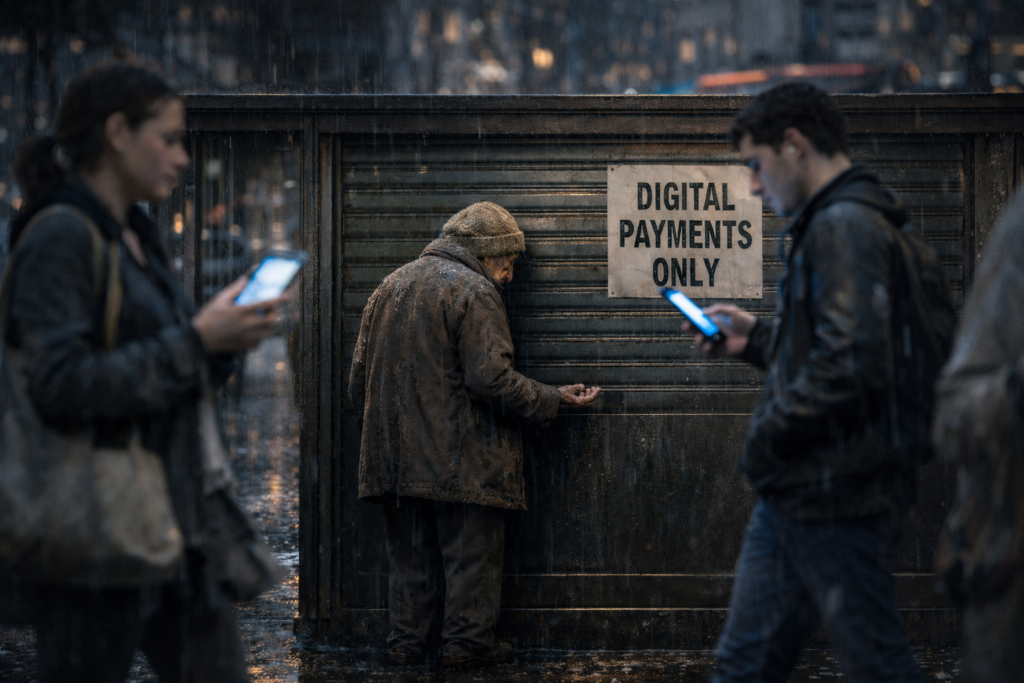Become a member: Subscribe
Action of the Week
Avoid Digital Control: Don’t Use QR Codes
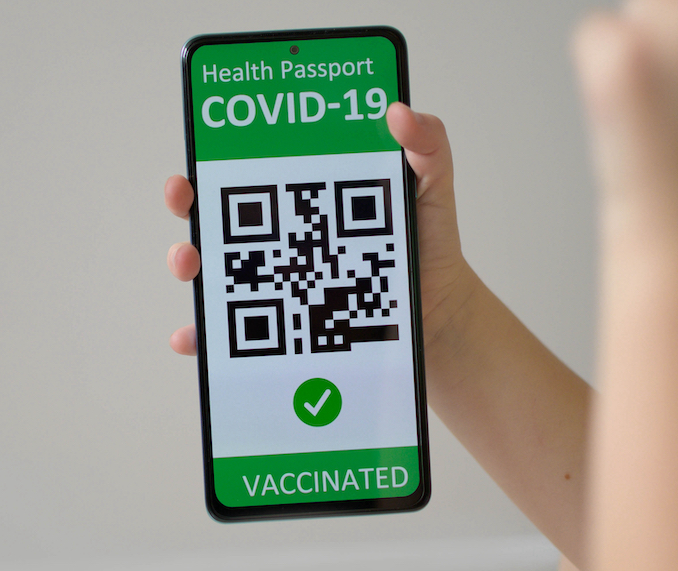
“The public has to stop wanting to support, finance, and encourage the system that’s being used to kill them and take their children and take all their freedoms away.”
~ Catherine Austin Fitts
Action of the Week, November 23, 2025
Avoid Digital Control: Don’t Use QR Codes
In her recent talk titled “Freedom: Playing to Win,” presented at the Children’s Health Defense “Moment of Truth” conference and also on the November 6 episode of Financial Rebellion, Catherine showed a slide illustrating “12 Steps to Total Control.”
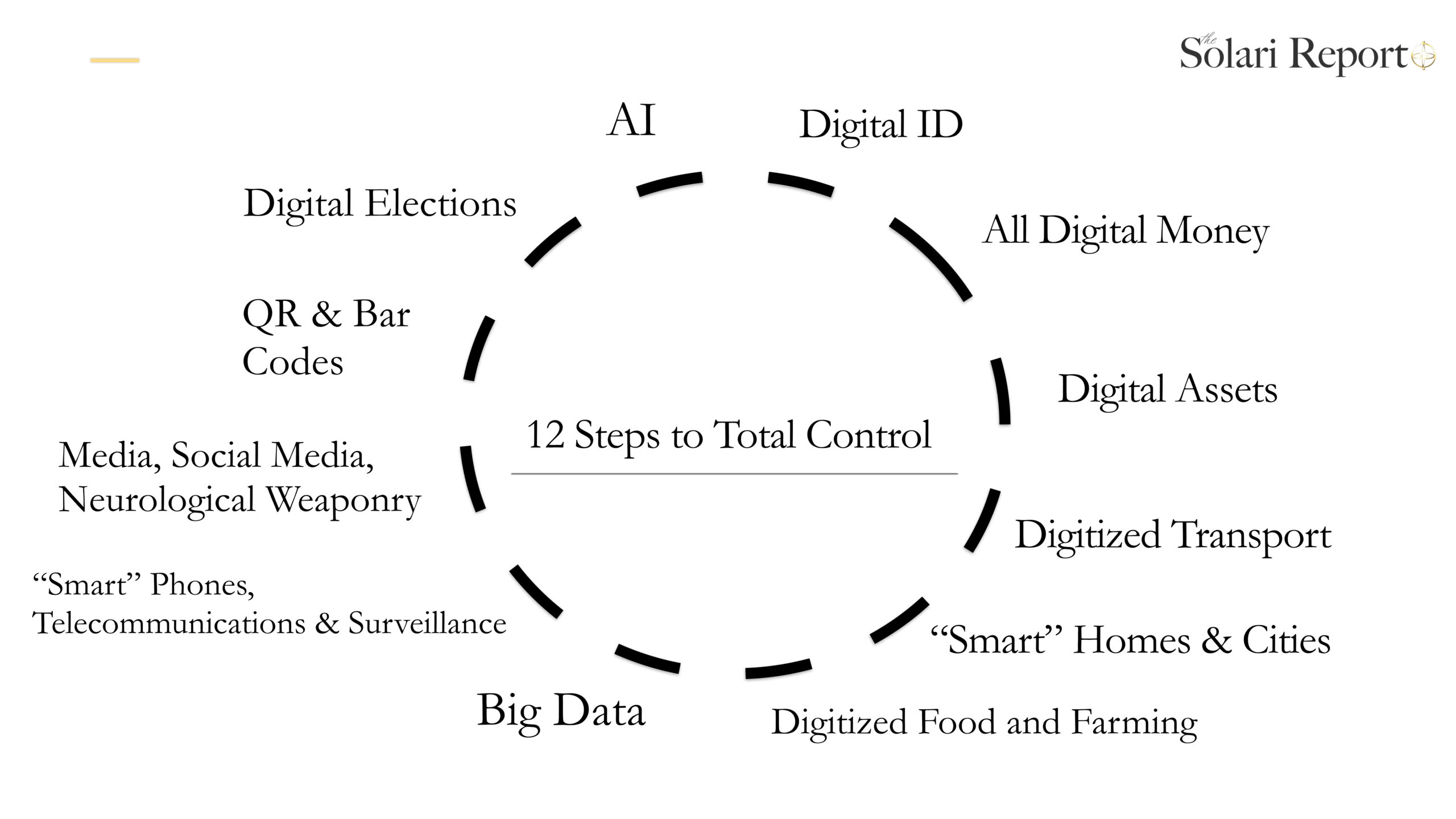
The sophisticated surveillance and brainwashing enabled by smartphones and military-grade neuroweapons are two of the components helping to usher the unaware into a digital control grid—and so are the QR codes so blithely scanned by all and sundry using those very same smartphones.
Nothing communicates the dangers of QR codes like a recent video clip of Chinese children with large QR codes taped to their jackets, standing in line for their mandatory vaccines—a video that left Polly Tommey shocked and horrified when Catherine showed it on that episode of Financial Rebellion. As with so many other elements of digital control, Covid provided a convenient pretext for mainstreaming QR codes—their usage grew by over 433% between 2020 and 2023. China, for example, used a health code app as an “e-passport,” generating a QR code identifying a person’s risk level (red, yellow, or green); according to Wikipedia, “While many assumed these codes would be phased out after the pandemic, research indicates their continued use and integration beyond the health crisis.” Elsewhere as well, QR code vaccine cards became a “scannable way to verify an individual’s vaccination status for travel, work, or entry into public venues.”
In the realm of mobile transactions, it is no coincidence that China currently leads the world in QR code payments—nearly nine in ten mobile payments are done that way—but 40% of India’s mobile transactions also happen via QR code, as do roughly one in five PayPal transactions.
To a public long accustomed to accepting bar codes, the sudden ubiquity of QR codes may seem innocuous, because QR codes and bar codes are “close cousins.” However, as computer scientists explain, QR codes can hold “significantly more data,” a feature that accounts for their highly touted “versatility.”
“Versatility” does not protect consumers. In the retail space, customers who pay for services by scanning a QR code on their smartphone increase their risk of becoming cybercrime victims; it is easy for cybercriminals to create fake QR codes—which are hard to detect—for the purposes of stealing funds or infecting devices with malware. Still worse, QR codes are unparalleled—and “largely unchecked”—data collection and surveillance tools:
“[M]any of the services that generate QR codes operate as sophisticated data analytics businesses disguised as simple code creators…. Companies … collect extensive behavioral data by intercepting requests and passing your information through their servers first before connecting to the final destination. All the while, they may be collecting loads of personal data in seconds—unbeknownst to you, or the business using them. This automatic data collection typically includes IP addresses, device fingerprinting data and IDs, timestamps, precise location data (sometimes without consent), and referrer information. The fundamental privacy problem is clear: personal data flows before users can make informed choices about whether (or who) they want to share their data with.”
QR codes also introduce “heavy third-party risk & dependency issues” for businesses, which “may have limited control (or knowledge) over QR providers’ data practices & the use of data.”
QR code use may be rising, but there is an easy way to turn the tide: Simply stop using them, and let the businesses you interact with know why they should, too.
Related at Solari
Freedom: Playing to Win (Financial Rebellion, Nov. 6, 2025)
The Fast-Approaching Digital Control Grid: A Checklist of Trump Administration Actions to Date
22 Ways to Stop Vaccine ID Passports in 2022 and Why We Must!
PDF Now Available for Corey Lynn’s Global Landscape on Vaccine ID Passports
Mind Control Tactics Used on Young People and Children (and Everyone Else)
Log in or subscribe to the Solari Report to enjoy full access to exclusive articles and features.
Already a subscriber?









